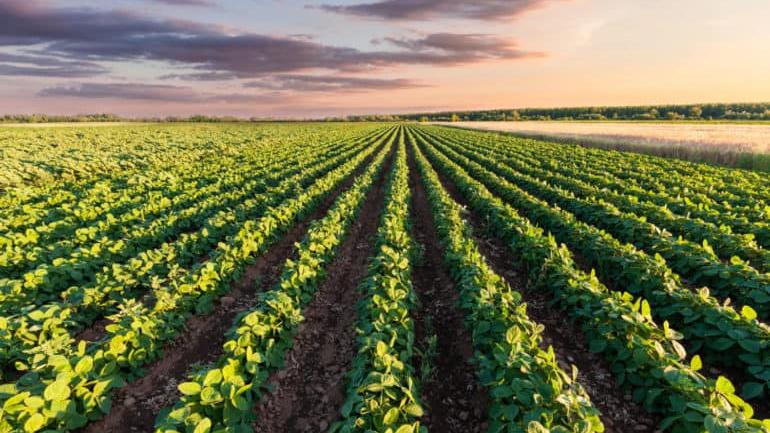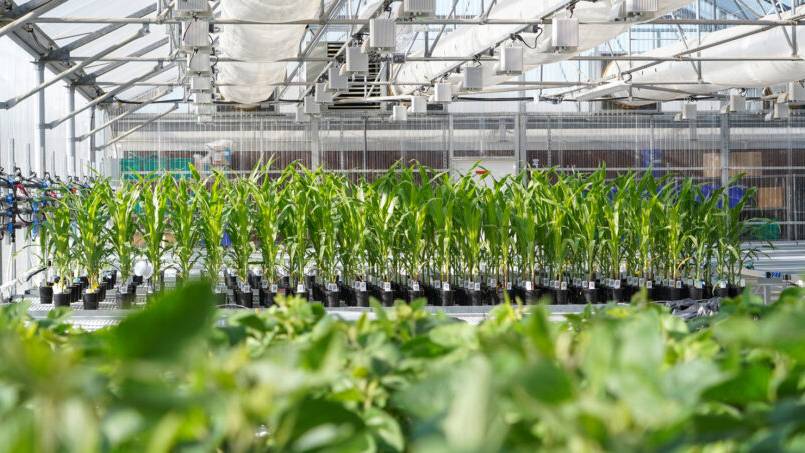Why Expectations are High Regarding Biological Products
The need to reduce chemical use is driving the uptake of biologicals. While the industry has a long way to go before it can match the success of traditional synthetic crop protection products, its growing influence in the market cannot be ignored. AgriBusiness Global™ magazine spoke with Thomas Mason, the President of BioProtection Global, on issues facing the industry:
Q. What’s been the impetus behind the growth of biological products?
In the early 2000s there were very few regulations or calls on farmers to reduce chemicals. Over the years there has been a massive shift from consumers, regulators, and retailers in terms of the produce being sold. Across the globe there is massive pressure to reduce chemical use. As a result, biological products are becoming more important. It is an exciting time for our industry because we are developing products to allow farmers to meet market demands.
Q. What is the level of uptake of biological products?
Developing countries — Kenya, Ethiopia, Colombia, Ecuador, Guatemala, Peru, Argentina, and most equatorial nations — are growing for export markets. Farmers are feeling the pressure to improve yields with smaller margins. Over the past 10 years, there has been very little increase in agricultural prices for fresh produce compared to the prices of commodities. Despite this, agrichemical prices have risen at the same rate as petrol prices. This means farmers have a much smaller margin, and the only way to improve that is through improved yields. Farmers have realized biologicals, as well as biostimulants, have a significant impact in improving yields, which results in farming earning a more economically sustainable practice.
Q. How biological products compare to conventional pesticides?
Across the globe, biologicals are regulated in exactly the same way as traditional agrichemicals. What that means is that if a company is developing a solution and wants to place that product in the market, the company has to prove to the local agricultural regulator that the product works as well or better than the existing most common solutions in the market.
Q. How would you describe market growth of the biological industry?
We estimate the biological market to be worth more than $4 billion and growing at double digits compounded annual growth rate. As the President of Bioprotection Global, my goal is to oversee a rapid expansion of the industry, something we are seeing from the mergers and acquisitions activities embedded within the industry. Even big chemical companies like Bayer, Monsanto, and others recognize the importance of biologicals and biostimulants and want to acquire companies in this segment.
Q. What is driving global companies toward biopesticides and biostimulants?
Increased competitiveness in the biological space is positive, and the fact that the industry is on a growing path is attracting agrichemical companies. This is good because market forces will result in prices dropping, ultimately benefiting farmers.
Q. Despite the growth of biologicals, conventional pesticides still dominate the market. Your thoughts?
We recognize that patented products are coming off label, and the reality is that more and more generics products are coming to market. There is a huge amount of pressure on regulators to ensure the quality of generic products, particularly from India and China. Regulators must ensure these products are robust, high quality, and delivering the right solutions to farmers. That said, we appreciate the leading role of synthetic chemicals. The agrichemical industry is valued at over $170 billion, and the biological sector is worth $4 billion. However, in the next five to 10 years we expect a lot of activities in the biological space.
Q. Are the chemical and biological industries compatible?
I think it is less about a cold war but more about understanding how to work hand in hand. It is that compatibility that is really the biggest emerging force and focus of the sector. With a truly integrated crop management strategy, there is a very clear and robust role for chemicals and biologicals to allow farmers to farm sustainably not only for environmental but also for economic sense.
Q. What’s the future or biologicals?
The biological sector will grow at an even faster rate in the coming years. The focus should be on understanding how we can make our solutions more effective and more precise. We also need to improve delivery methods, de-complicate their use, and focus on the roles that chemicals and biologicals play together.






